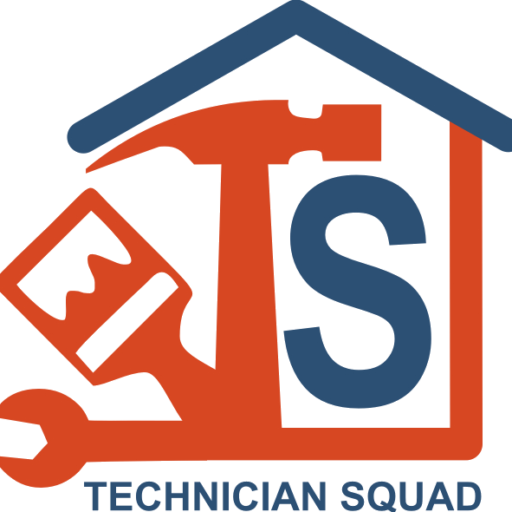Renting a barcode scanner can be beneficial for businesses, events, or projects where temporary or occasional scanning needs arise. Here’s a guide to help you understand the benefits, considerations, and steps involved in renting a barcode scanner:
Benefits of Renting a Barcode Scanner
- Cost-Effective Solution: Renting avoids the upfront cost of purchasing a barcode scanner, making it economical for short-term or intermittent scanning needs.
- Flexibility: Provides access to a range of barcode scanner models with different capabilities (e.g., handheld scanners, wireless scanners, 2D scanners) to suit specific requirements.
- Efficiency: Improves inventory management, tracking, and data collection processes by accurately scanning and recording barcode information in real-time.
- Convenience: Offers on-site scanning capabilities, eliminating the need for manual data entry and improving operational efficiency.
Reasons for Renting a Barcode Scanner
- Retail and Inventory Management: Essential for retail stores, warehouses, and businesses needing to track inventory, manage stock levels, and streamline checkout processes.
- Events and Exhibitions: Used during events, trade shows, or exhibitions for ticket scanning, attendee registration, and managing merchandise sales.
- Temporary Installations: Ideal for temporary office setups, pop-up stores, or seasonal businesses needing short-term barcode scanning capabilities.
- Project-Specific Needs: Supports specific projects or tasks requiring barcode scanning for data collection, asset tracking, or logistics management.
Steps to Renting a Barcode Scanner
- Identify Your Needs: Determine your specific barcode scanning requirements, including the types of barcodes to be scanned (1D, 2D), scanning distance, connectivity (wired or wireless), and compatibility with existing systems (e.g., POS software).
- Research Rental Providers: Look for office equipment rental companies, technology suppliers, or specialized barcode scanner providers offering rentals. Compare their inventory, rental rates, duration options, and customer reviews.
- Choose Scanner Type: Select a barcode scanner model that meets your scanning needs. Consider factors such as scanning speed, scanning range, battery life (for wireless scanners), durability, and ease of integration with your existing systems.
- Check Availability: Ensure the chosen barcode scanner model is available for your desired rental period. Reserve in advance, especially during peak times or for specific scanner specifications.
- Review Rental Terms: Carefully review the rental agreement, including costs, duration, deposit requirements, pickup/delivery arrangements, insurance coverage (for the scanner), and terms for damages or loss.
- Setup and Operation: Coordinate with the rental provider for delivery, setup, and operational instructions for the barcode scanner. Ensure proper configuration, testing for barcode recognition, and training for users on using the scanner effectively.
- Maintenance and Support: Discuss maintenance requirements (e.g., battery charging, cleaning), technical support options, and troubleshooting procedures with the rental provider. Ensure access to assistance for resolving scanner issues or connectivity problems.
Considerations for a Successful Rental
- Software Compatibility: Ensure compatibility of the barcode scanner with your existing software systems or POS applications for seamless data integration and functionality.
- Training: Provide training for designated personnel on using the barcode scanner, including proper scanning techniques, error handling, and troubleshooting common issues.
- Return Condition: Return the barcode scanner in the same condition as received, considering normal wear and tear. Follow guidelines for cleaning, packing, and returning accessories provided with the rental.
